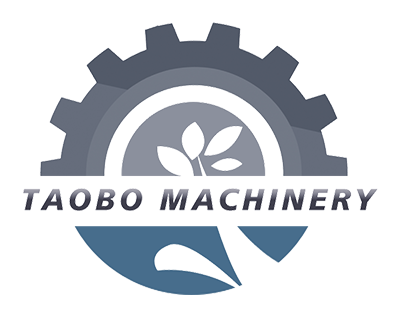In recent years, Ethiopia, a major agricultural country in Africa, has accelerated its agricultural modernization process. Market demand for key agricultural machinery, such as sorting machines, has continued to rise, demonstrating promising development prospects. This trend stems not only from the urgent need to improve agricultural production efficiency but also from policy support, technological adaptation, and international cooperation, injecting strong momentum into Ethiopia’s agricultural mechanization upgrades.
As Africa’s largest sesame producer, Ethiopia produces approximately 500,000 tons of sesame annually. However, issues such as incomplete impurity removal and inaccurate grading hinder the export quality and added value of the product. The introduction of sesame sorting machines is key to addressing these challenges. Through technologies such as mechanical screening and wind-powered sorting, these machines can efficiently remove impurities from the crop, achieve precise grading, and significantly improve agricultural product quality and processing efficiency.
Sesame cleaning machines utilize variable-frequency wind control and a multi-layered screen design to separate sesame seeds of varying sizes, meeting export-grade purity standards. For cash crops like coffee, cleaning machines employ flexible screening technology to prevent seed breakage and preserve the value of the produce. These technological innovations not only address the pain points of traditional processing but also align with Ethiopia’s unique “natural and organic” agricultural production, laying the foundation for subsequent expansion of the supply chain.
The popularization of sorting machines will not only increase the processing efficiency of grain crops and cash crops by more than 30%, but also help Ethiopian agricultural products break through the threshold of international market access and enhance export competitiveness.
Post time: Aug-18-2025







